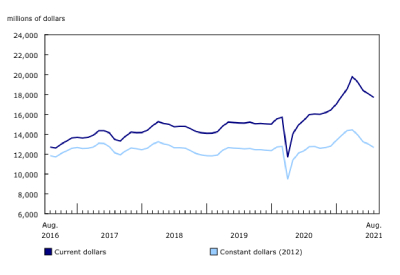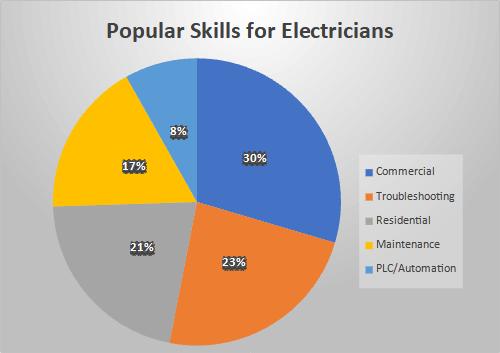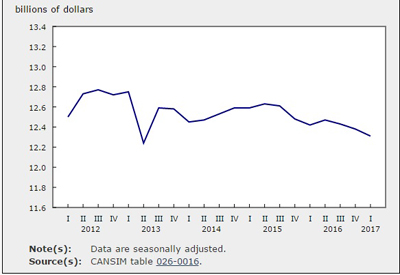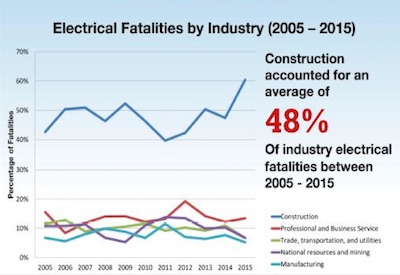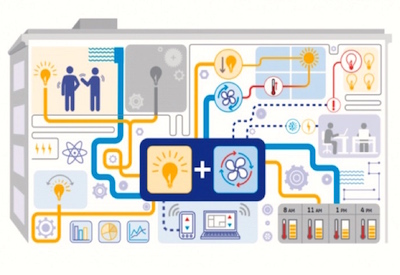Reducing Stress in the Workplace—What Employers Can Do

May 10 2016
Last month I spoke about stress from the perspective of the individual, and practical steps that can be taken to help manage your stress levels in order to live longer, healthier and happier.
This month I’d like to look at some of the things employers can do to help reduce stress in the workplace. This should be a business priority for two reasons:
• It positions you as an employer who cares about their workforce. After all, if employees are an organization’s greatest strength, shouldn’t they feel as if they matter?
• It impacts employee morale, loyalty, customer service, productivity, health care costs and profitability, and can lead to increased turnover.
Why are my employees stressed?
There are so many factors that can impact an individual’s stress levels on the job. In today’s economic environment employees are under more and more pressure, with companies in some cases having to reduce staffing levels, or ask existing employees to do more…… and more. Perhaps the work environment is tense, or there is a conflict between coworkers. Or the organization is changing—and the employee fears how this will impact his or her role in the company.
On a personal level, some employees may be taking care of aging parents, or having to deal with childcare or financial issues.
As reported by the Mental Health Commission of Canada, we are all familiar with the need to protect physical health and safety in the workplace. But a new realization has dawned: the protection of workers also includes attending to their psychological (mental) health and safety (PH&S) in the workplace (1).
What Can I Do? 4 ideas to Help Support Your Staff
- Communicate and Listen: This one of the most discussed topics within organizations at a senior management level and yet so often it is executed poorly. Good communications play an integral role in developing and maintaining a positive work culture. Keep your employees up to date on what is happening in the company, good or bad. Not only do they feel respected they may have ideas on what can be done to support the organization. Listen to your employees. This is a skill, and needs to be practised. Managers may need to be trained or coached to learn to acknowledge and respond to what they hear, be that responding to topics such as work overload, illness, conflict, etc.
- Celebrate Achievement: Notice when your employees go beyond what is expected of them, be it staying an hour later to get that last email out, or creating a new system or process that will help the entire department. When people don’t get recognition for their efforts resentment builds, which can quickly lead to feeling undervalued, demotivated and, subsequently, stressed.
- Health and Wellness Initiatives: Many companies may see these initiatives as costly to set up and time consuming to manage. But research has shown that for many companies they actually save money, and depending on the companies they can be scaled up or down. While some companies will be able to install a gym and bring in smoking cessation programs, others can launch simpler initiatives, such as offering an aerobics class every Friday, or ensuring that that there are healthy eating options available in the cafeteria and at all meetings. The best way to develop a wellness program is to survey your employees for ideas and what matters the most to them, while acknowledging the resources you have available to actually implement those ideas.
- Work life Balance: According to the Government of Canada’s Work-Life Balance in Canadian Workplaces “Work-life balance is a self-defined, self-determined state of well-being that a person can reach, or can set as a goal, that allows them to manage effectively multiple responsibilities at work, at home, and in their community; it supports physical, emotional, family, and community health, and does so without grief, stress or negative impact”. Work-life balance initiatives need to be based on your employees’ needs, so find out what initiatives would enhance their sense of work-life balance. One example here is respecting time off and limiting technology use. Don’t email your employees at 11 pm. Even if you don’t expect a response that individual is now worrying that you do, or going to bed thinking about work. Respect your employee’s time and encourage them to maintain a healthy balance between home and work.
(1) Mental Health Commission f Canada: January 2012, Psychological Health and Safety—An Action Guide for Employers
Michelle Branigan is CEO, Electricity Human Resources Canada; http://electricityhr.ca.
More from Michelle Branigan:
– Michelle Branigan: Profile
– It’s Not Just the Technical Stuff That’s Important
– Call for Mentors to Support Recruitment and Retention of Women in the Electricity Industry
– Retention: You’ve Hired. Now What Are You Doing to Keep Your Staff?
– What are the Benefits of Effective Coaching?
– Multigenerational Workforces
– Mentoring
– I’m Stressed Out!!!!



